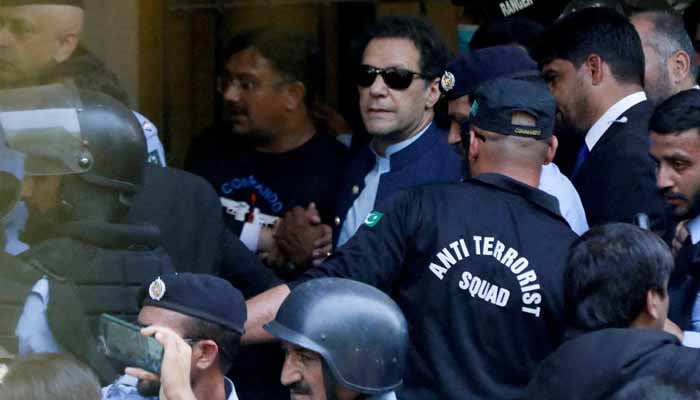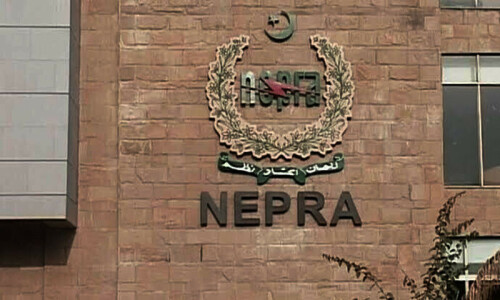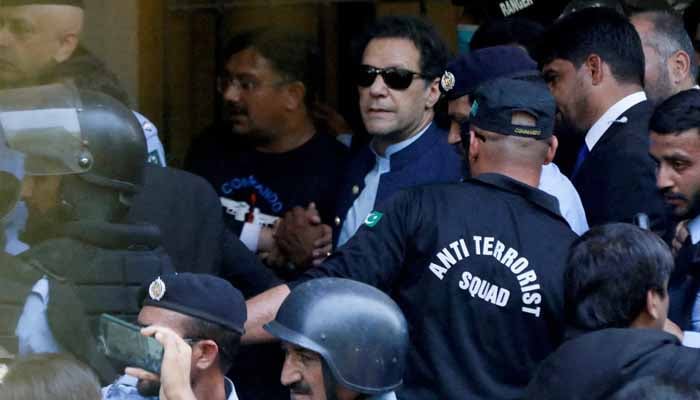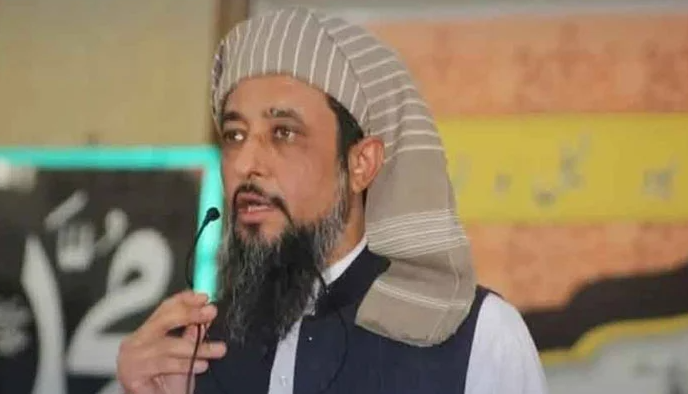LEGAL
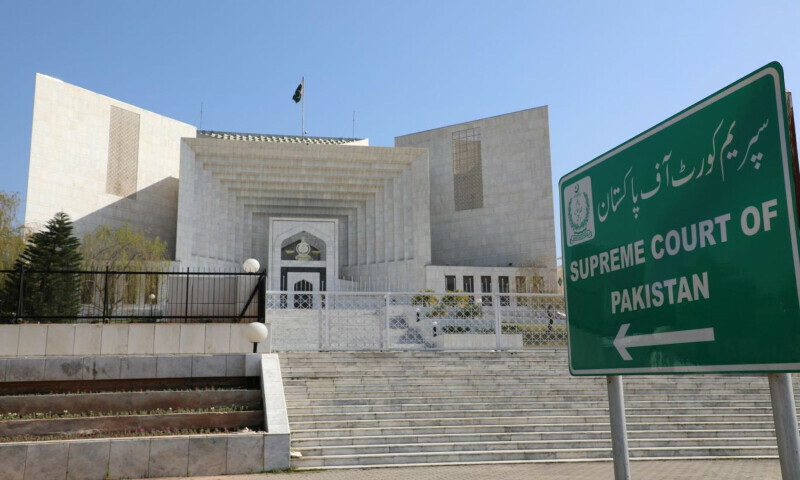
The Supreme Court of Pakistan has issued a notice to the federal government seeking its response on a petition challenging the inclusion of armed forces officers into the civil service without undergoing a written examination. The notice was issued under Section 3 of the Civil Service Rules, 1956, and the government has been given three weeks to submit a written reply.
The case was heard by a bench led by Justice Ali Baqir Najafi, who questioned the constitutionality and fairness of bypassing the mandatory written exam for military officers entering civilian bureaucracy.
The petitioner’s counsel argued that while civilians are required to clear both a competitive written exam and an interview under the Central Superior Services (CSS) system, officers from the armed forces are being inducted solely on the basis of an interview. “This practice violates the principle of constitutional equality and provides unfair advantage to one group over others,” the lawyer contended.
In a moment of courtroom exchange, Justice Najafi asked the petitioner’s lawyer, "Are you ashamed of being a lawyer? What fundamental right of yours is being violated?" — a comment that stirred debate around judicial decorum and the broader implications of equal opportunity in public service.
Despite the remarks, the court proceeded to issue a formal notice to the federal government and scheduled the next hearing after three weeks.
The case raises significant questions about transparency, merit, and fairness in public sector recruitment, especially at a time when civil service reforms and institutional balance are at the forefront of national debate.
Legal observers believe the ruling may have far-reaching consequences for future recruitment policies and civil-military relations within Pakistan’s governance framework.
